Tossing ingredients in the freezer is a great way to prolong shelf life, but there are certain foods that can be spoiled by the cooler temps — if they don’t ruin your freezer first. Here are 10 common edibles you should never put in the freezer, and be sure to check out these 10 Ingredients You Should Always Have in Your Freezer.

Cooked Pasta
The soft texture of cooked pasta means it lacks the structure to hold up in the freezer, turning into a mushy mound of carbs once it’s been frozen and thawed. On the plus side, baked pasta dishes (like lasagna, pastitizio, etc.) are totally freezable.
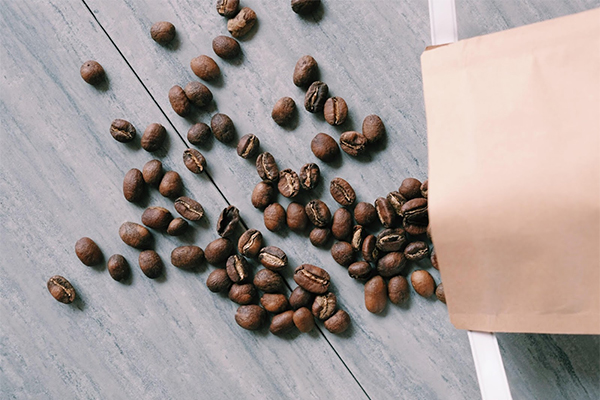
Opened Coffee
Unopened, freshly roasted bags of coffee can be frozen for up to a month. But once a bag has been opened, freezing beans can cause them to absorb freezer smells through condensation and an improperly sealed bag.
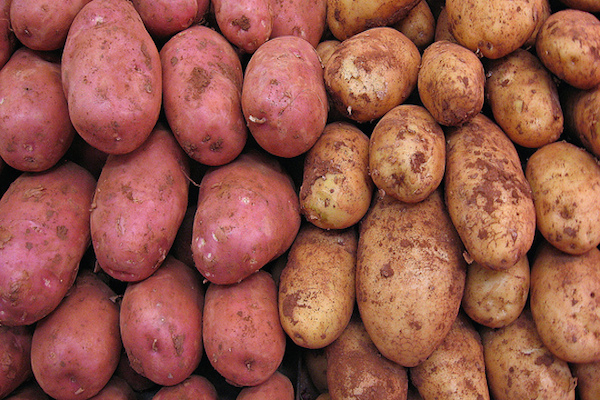
Raw Potatoes
Raw potatoes turn black in the freezer because of a chemical reaction that can only be prevented by cooking or blanching the potatoes before freezing. So be sure to cook your spuds first before trying to store them in the freezer for later use.
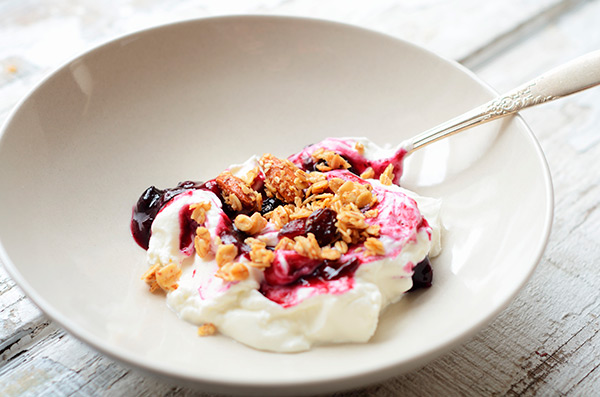
Yogurt
Freezing yogurt causes the moisture inside to turn to ice crystals, wreaking havoc on the original consistency of the yogurt as it separates and curdles. And no, this is not the same for frozen yogurt.
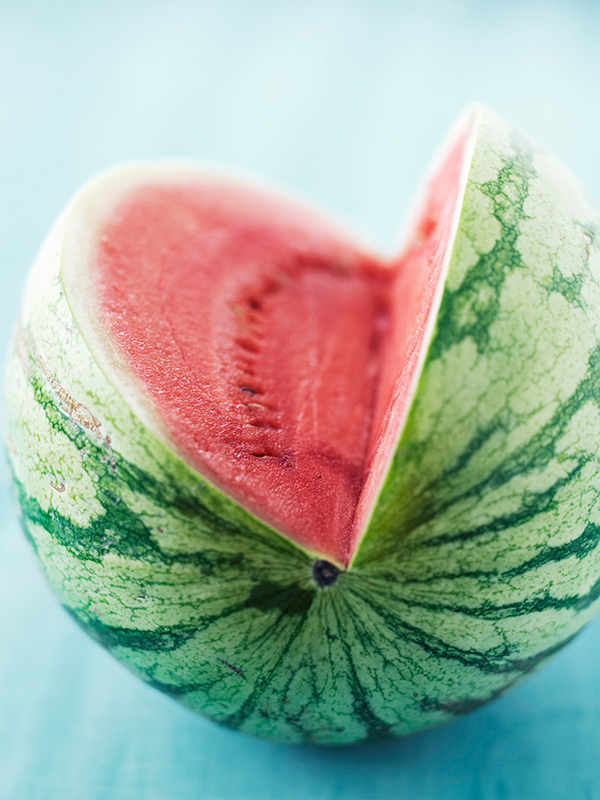
Watermelon
Freezing and thawing this sweet summer fruit causes it to go mushy and limp because of its high water content. If you do freeze watermelon, use it when it’s still frozen to ensure you don’t end up with a soggy mess.
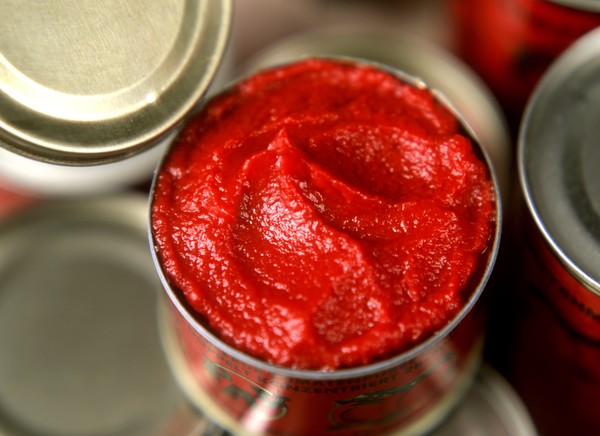
Canned Goods
The liquid inside canned goods expands when frozen, causing cans to crack or explode. Transfer canned goods to airtight, freezer-safe containers if you need to freeze whatever is inside.
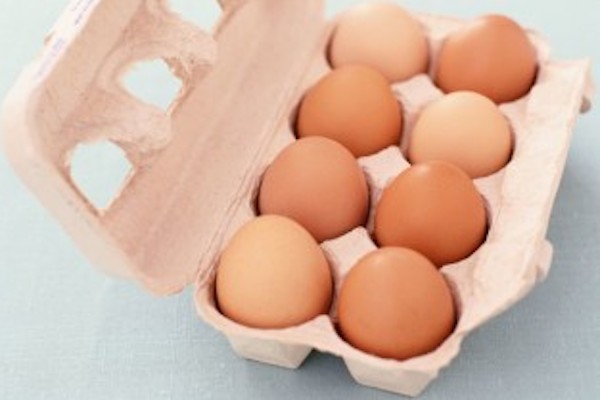
Raw Eggs
Yes, eggs. Though they will explode if frozen in their shell, raw, beaten eggs can be stored in the freezer. Simply divide them into an ice cube tray or muffin tin and, when frozen, pop them into a freezer bag where they will keep for up to six months.
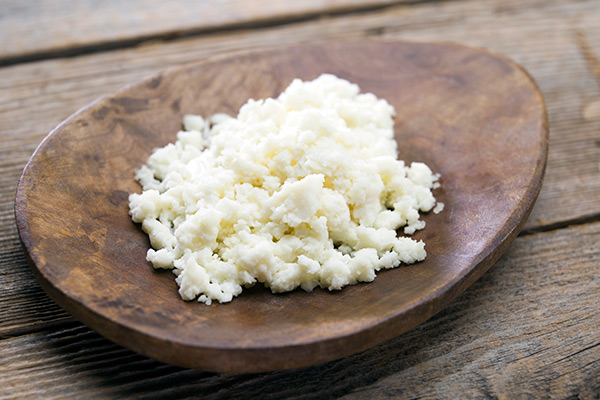
Soft Cheese
Soft cheeses, like ricotta, goat, queso fresco or cream cheese, tend to separate after being frozen and thawed, leading to unappetizing changes in texture. Parmesan and cheddar cheeses are usually safe for freezing, but you’re much better off simply storing all varieties in the fridge.
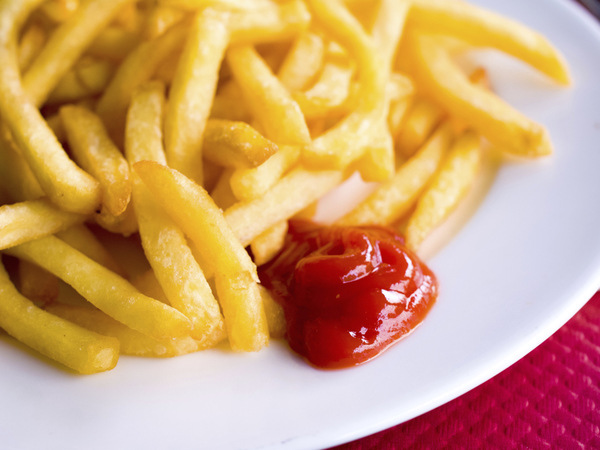
Fried Foods
Fried foods, like French fries, chicken fingers and onion rings, will lose all of the crispy, crunchy, greasy texture when frozen and re-heated. Fried batter will turn soft and mushy, fries will turn limp… You’re better off sticking to eating them fresh out of the fryer, or buying them frozen at the grocery store.
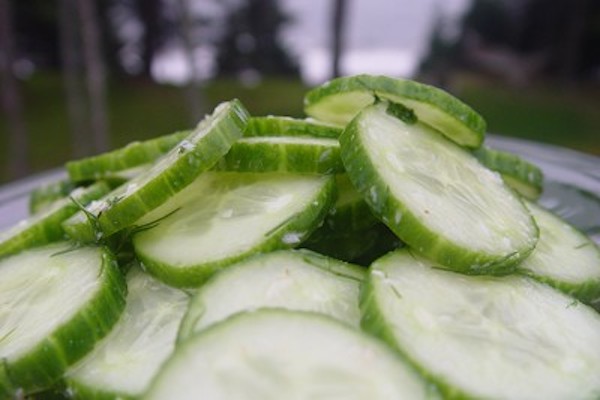
Some Produce
Produce, like cucumbers and lettuce, contains a high water content, which renders it soggy and unusable once it comes out of the freezer and is thawed. Try to use up all your water-heavy veggies while they’re fresh and full of life.
Claudia McNeilly is a food writer living in Toronto.
